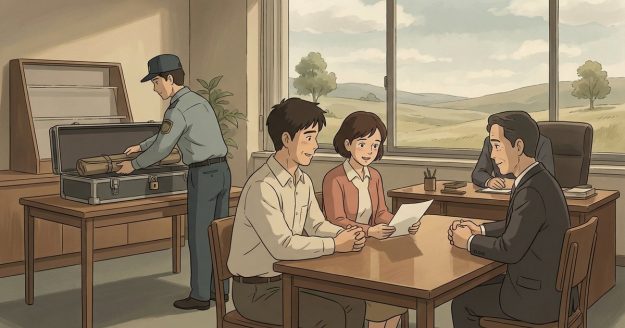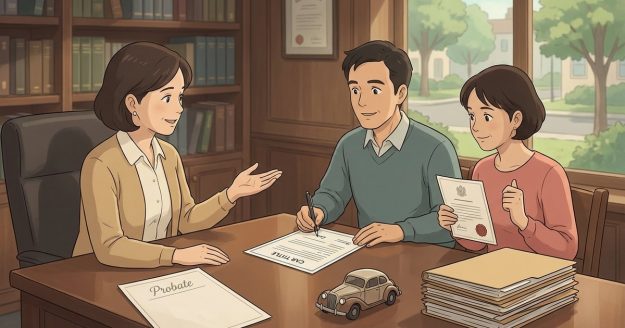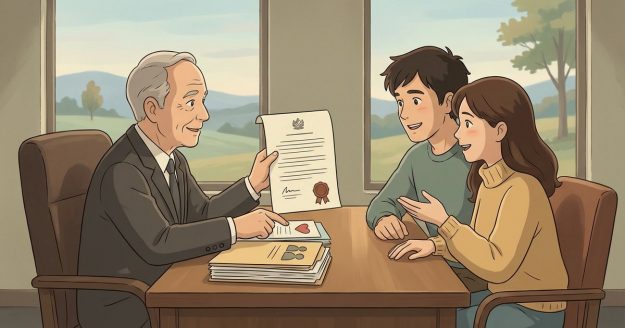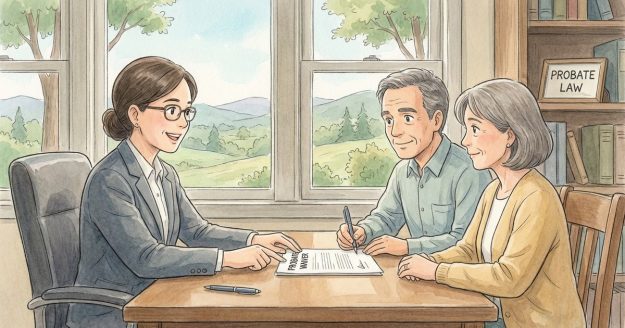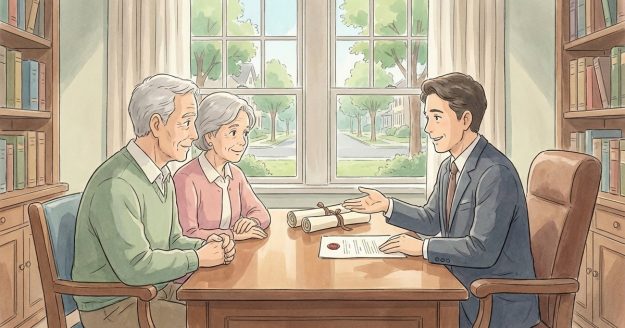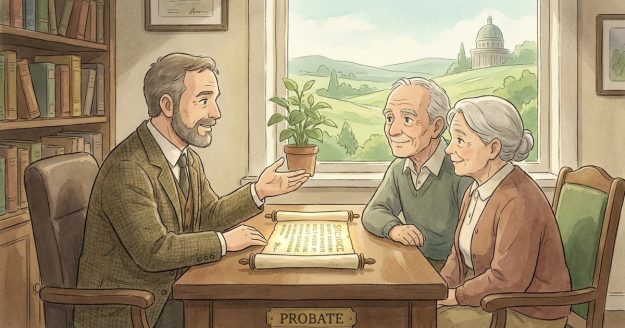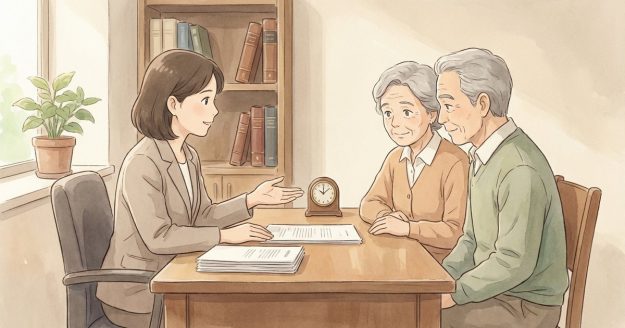What are the most common reasons a will can be challenged successfully? NC
What are the most common reasons a will can be challenged successfully? – North Carolina Short Answer In North Carolina, the most common successful grounds to challenge a will are (1) the will was not executed with the required legal formalities, (2) the person who signed the will lacked testamentary capacity at the time of…


